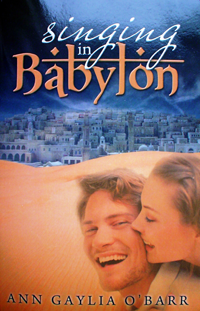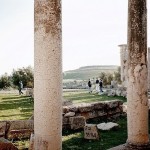I read a beautiful story when I was growing up, The Chestry Oak, by Kate Seredy. A child of an old, eastern European nobility, loses his parents during World War II and eventually comes to America. I felt the boy’s loss for his past and the pain of his adjustment in the new. He lost not only his family but an entire way of life.
I wonder how that book and a few others have influenced what I write today. Perhaps my father’s death when I was thirteen emphasized the theme of loss and adjustment. Many of my stories begin with loss and trace the journey of the protagonists as the loss forces the characters into new patterns.
Many historical novels occur in times of great change: the Reformation, the American expansion westward, World War II. When a new era begins, grows, then takes over, what have we lost? What have we gained? The Victorian age included horrible ills: child labor, rigid rules for women, exploitation of undeveloped nations, among others. However, something about the era leads us to stories of that time. Despite the wrongs, what draws us?
Perhaps something of a more ordered age, of civility, of courage during hardship, even of witty understatement draws us, attributes that seem in short supply today. Duty, courage, and grace under fire appeal to us in an age of instant gratification.
So, I suppose my stories, written as entertainment, attempt to find this connection between discovering what is good in the past with the jettisoning of old injustices.


 Kate, an American woman in my novel, Singing in Babylon, teaches English in Saudi Arabia. She helps a teenage maid escape an abusive employer and return to her native Ethiopia. For Kate, the maid puts a face on the desperate millions in undeveloped countries who seek a better life. Her view of the world is forever changed.
Kate, an American woman in my novel, Singing in Babylon, teaches English in Saudi Arabia. She helps a teenage maid escape an abusive employer and return to her native Ethiopia. For Kate, the maid puts a face on the desperate millions in undeveloped countries who seek a better life. Her view of the world is forever changed.
 Conversation from Searching for Home between Hannah and Patrick as they explore the Mediterranean island of Cyprus:
Conversation from Searching for Home between Hannah and Patrick as they explore the Mediterranean island of Cyprus: